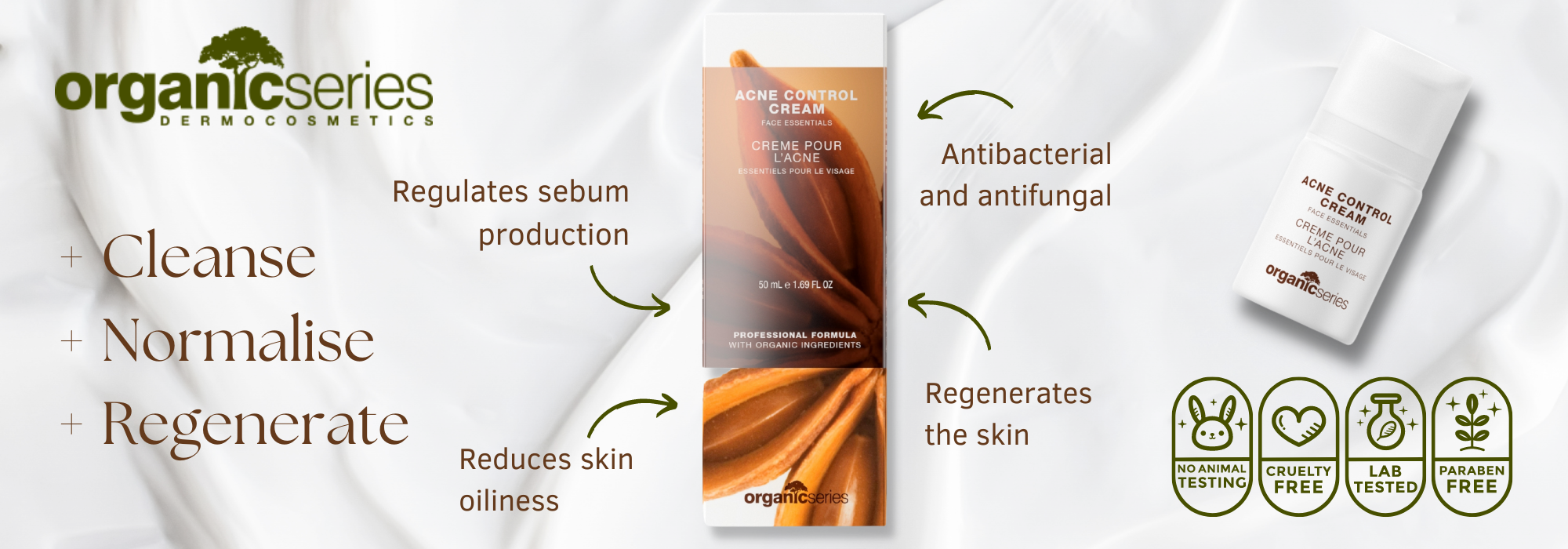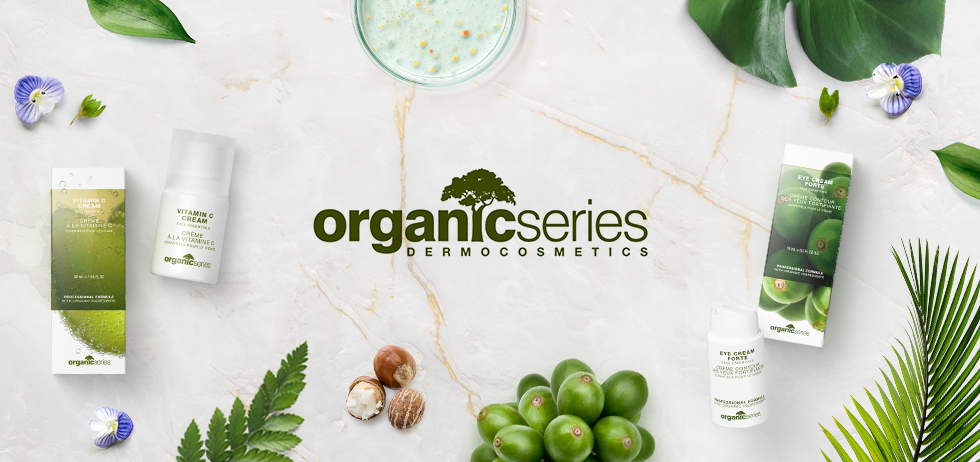The best anti acne cream
Find the Best Anti Acne Cream in 9 Steps: Struggling with acne can be frustrating, especially when you’re unsure which product will work best for your skin. With a vast range of best anti acne cream options available, choosing the right one can feel overwhelming. Acne isn’t just about breakouts—it can also cause redness, irritation, and long-term scarring if not treated properly. The key to selecting the best cream is understanding your skin’s needs and matching them with the right ingredients. This comprehensive guide will walk you through nine crucial steps to help you find the most effective best anti acne cream suited to your skin type.
Step 1: Identify Your Skin Type
Before investing in any acne cream, it’s essential to determine your skin type. Acne-prone skin varies widely—some people have oily skin that produces excess sebum, while others may have dry or combination skin that is more sensitive to certain ingredients. Oily skin tends to benefit from lightweight, oil-free formulations, whereas dry skin requires creams that provide hydration without clogging pores. Understanding your skin type ensures that you choose a product that won’t worsen your acne but will instead help restore balance.
If you have combination skin, meaning your T-zone is oily while other areas are dry, look for a cream that offers targeted treatment without causing dryness. Sensitive skin, on the other hand, may react negatively to harsh ingredients, so opting for creams with calming components such as chamomile or aloe vera is a safer choice. The right product for your skin type will help prevent additional breakouts while promoting a healthier complexion.
Step 2: Look for Powerful Active Ingredients
The success of the best anti acne cream largely depends on the active ingredients it contains. Some of the most effective acne-fighting ingredients include:
- Salicylic Acid: Helps exfoliate the skin, unclog pores, and reduce inflammation.
- Benzoyl Peroxide: Kills acne-causing bacteria and helps clear up active breakouts.
- Niacinamide: A powerful anti-inflammatory that reduces redness and improves skin texture.
- Retinoids: Promote skin cell turnover and help fade acne scars over time.
- Tea Tree Oil: A natural antibacterial agent that helps calm inflammation.
When selecting a cream, choose one with active ingredients that address your specific acne concerns. For example, if you experience frequent blackheads, a salicylic acid-based formula may work best, whereas benzoyl peroxide is better for fighting bacterial acne.
Step 3: Choose a Non-Comedogenic Formula
A crucial factor when picking the best anti acne cream is ensuring it is non-comedogenic. This means it won’t clog your pores, which is essential for preventing further breakouts. Many conventional creams contain heavy oils, silicones, or wax-based ingredients that can trap bacteria and lead to more acne flare-ups. Instead, opt for gel-based or lightweight formulations that allow your skin to breathe while still providing hydration.
Even if you have dry skin, you should avoid overly thick creams that contain pore-clogging ingredients. Instead, look for moisturizers with hyaluronic acid or glycerin that hydrate without blocking pores. Remember, keeping your pores clean and free from congestion is vital in preventing breakouts.
Step 4: Avoid Harsh Chemicals and Irritants
Many acne treatments include harsh chemicals like alcohol, sulfates, and artificial fragrances, which can strip the skin of its natural oils and cause further irritation. These ingredients often dry out the skin, leading to increased oil production, which can exacerbate acne rather than treat it. Instead, opt for best anti acne creams with natural, soothing ingredients like aloe vera, green tea extract, or centella asiatica, which calm inflammation while treating acne.
It’s also essential to check for potential allergens if you have sensitive skin. Reading ingredient lists carefully can help you avoid creams that might trigger breakouts or cause excessive dryness and peeling.
Step 5: Match the Cream to Your Acne Severity
Acne severity plays a significant role in choosing the right treatment. If you only experience mild breakouts occasionally, a gentle salicylic acid or tea tree oil cream may suffice. However, for those dealing with persistent or cystic acne, stronger ingredients such as benzoyl peroxide or prescription retinoids may be necessary for effective treatment.
For individuals with stubborn acne, dermatologists often recommend using a combination of treatments, such as a benzoyl peroxide spot treatment alongside a salicylic acid face wash. Combining ingredients strategically can target acne from multiple angles, making it easier to achieve clear skin.
Step 6: Read Reviews and Dermatologist Recommendations
One of the best ways to assess a product’s effectiveness is by reading reviews from people who have similar skin concerns. Look for testimonials from users with comparable skin types to gain insight into how the best anti acne cream performs over time. In addition, checking dermatologist recommendations can help narrow down your choices to scientifically backed products with proven results.
Step 7: Hydration is Key—Choose a Moisturizing Formula
Even acne-prone skin needs hydration to maintain a healthy barrier function. Many acne treatments can be drying, leading to irritation and flakiness. To counteract this, choose the best anti acne cream that contains hydrating ingredients like ceramides, hyaluronic acid, or squalane. These elements provide moisture while helping to reduce inflammation and support the skin’s natural repair process.
Step 8: Always Do a Patch Test First
Before fully committing to any new anti acne cream, conduct a patch test. Apply a small amount behind your ear or on a discreet area of your face and wait 24 hours to ensure there are no adverse reactions. Some powerful acne-fighting ingredients can cause redness, peeling, or sensitivity if your skin isn’t accustomed to them. Testing the product first will help prevent unnecessary irritation and allow you to adjust your routine accordingly.
Step 9: Be Consistent with Your Skincare Routine
Finally, the key to seeing long-term results is consistency. Applying your best anti acne cream once in a while won’t yield noticeable results. Follow the instructions on the product, whether it’s a morning or nighttime application, and allow at least four to six weeks to see improvements. Avoid overusing the product, as this can lead to excessive dryness and irritation.
Patience is essential when treating acne. If after several weeks you don’t notice significant improvement, consider consulting a dermatologist for further guidance and professional treatment options.
Conclusion
Finding the best anti acne cream requires research, patience, and an understanding of your skin’s needs. By following these nine steps, you can confidently choose a product that effectively treats acne while keeping your skin balanced and healthy. Remember, acne treatment isn’t a one-size-fits-all solution—what works for someone else might not work for you. Take your time, experiment with different formulations, and prioritize consistency in your routine. Clear skin is achievable with the right approach and the best skincare choices!
Application techniques for maximum benefits
>br>
1. Choose the right formula for your skin type – Before applying any anti acne cream, make sure you choose the right formula for your skin type. If you have oily or combination skin, a lightweight gel or serum may work best. If you have dry or sensitive skin, a cream or lotion may be more suitable. Look for products that are labeled “non-comedogenic” or “oil-free” to prevent clogged pores.
2. Cleanse and tone your skin – Before applying any skincare product, it’s important to cleanse your skin to remove dirt, oil, and makeup that can clog pores. Use a gentle cleanser and follow with a toner to help balance your skin’s pH levels and prepare it for the anti-acne cream.
3. Apply a thin, even layer – When applying anti acne cream, use a pea-sized amount and spread it evenly over your face, focusing on areas where you have breakouts or are prone to them. Don’t apply too much or rub it in too vigorously, as this can irritate your skin.
4. Use it consistently – To see the best results, it’s important to use your anti-acne cream consistently. Apply it twice a day, in the morning and at night, after cleansing and toning your skin.
5. Don’t forget sunscreen – Many anti-acne creams can make your skin more sensitive to the sun, so it’s important to apply sunscreen with at least SPF 30 daily, even on cloudy days.
By following these expert tips, you can maximize the benefits of your anti-acne cream and achieve clearer, healthier-looking skin. Remember to be patient – it can take several weeks to see results, so stick with a consistent skincare routine and be gentle with your skin.
Expert recommendation
Organic Series Best Anti Acne Cream

More inspiration
Follow Organic Series UK on instagram and facebook for more inspiration, expert tips and special discount codes!



